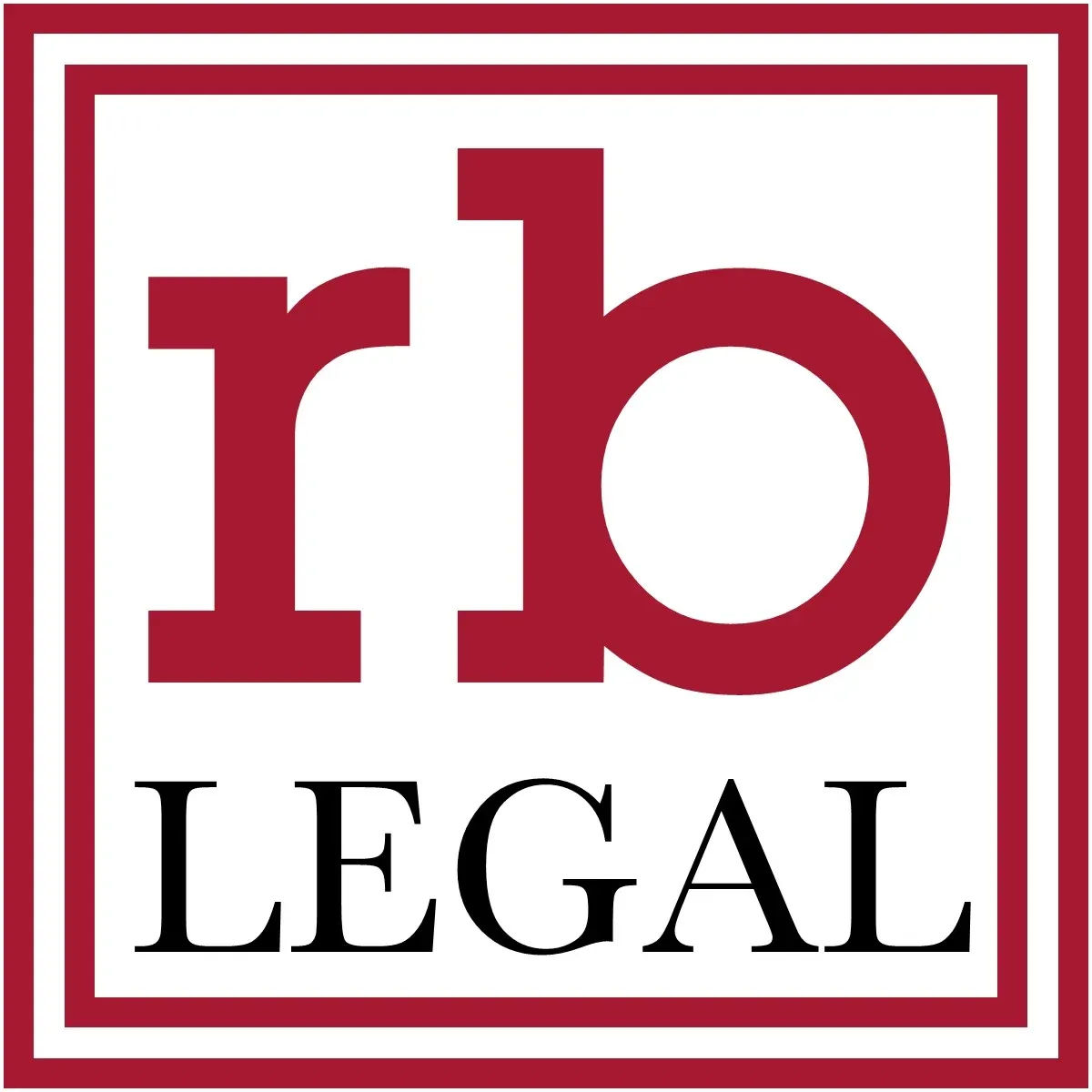You have probably heard of this thing called a “trust.” You may even have a trust. But do you know what a trust is?
Merriam-Webster defines a trust as “an arrangement in which someone's property or money is legally held or managed by someone else or by an organization (such as a bank) for usually a set period of time.”
A trust is a legal entity created for a specific purpose. It is created by a legal document, called a trust agreement. The trust’s purpose can be something simple like holding property for a specific person or more complex like managing assets for your minor children or a business.
It’s a Bucket.
A trust is like a bucket. A bucket is used to hold water, rocks, or ice cream. A trust is used to hold money, real estate, and other property.
Here’s how it works. One person uses a trust agreement to create the bucket, and then puts his or her property into the bucket. Another person then holds the bucket and follows the instructions in the trust agreement about what to do with the things inside the bucket, such as investing, maintaining, or selling the property. When the trust agreement instructs, that person takes the things out of the bucket and gives it to the person or persons specified in the agreement.
The person who creates the trust bucket and puts property into the bucket is called the trustor, the settlor, or the grantor. The person who holds the bucket is the trustee. The person who gets the property from the bucket is called the beneficiary. Sometimes one person can be the trustor, the trustee and a beneficiary. But most often different people or organizations will play the different roles.
It’s a Tool.
Trusts are useful tools in many different contexts. Individuals use them in estate planning as a means of transferring property from one generation to another without requiring the involvement of a probate court. Businesses use trusts to perform various kinds of business transactions. Non-profits and Foundations use trusts as a means of managing their assets.
It’s Beneficial.
In the estate planning context, trusts provide several benefits. Three of the most important benefits are privacy, continuity, and control.
Privacy. When a trust is used to transfer property after someone dies, the terms of the trust can remain private. If a will was used instead, the terms of the will would be made public through the probate court proceedings. You may not want your nosy neighbor to know the extent or value of your Facebook stock, or that after you died, you gave it to the non-nosy neighbor two houses over. A trust can help keep that information out of the public record.
Smooth Transition. You may have assets that need continual management and attention. And you may care for children and others that rely on your financial support. A trust has a trustee or successor trustee in place to manage those assets and to financially provide for those beneficiaries. With a trust, someone is already there and a plan is in already in place in the event that you become incapacitated or die.
Control. When a will is used to transfer property at death, the property is divided as specified in the will and then distributed all at once to the people indicated. With a trust, you have much more control over when and how the property is divided and distributed. For example, perhaps you have one child who is not very responsible with money. You know that if she received her inheritance all at once, she would spend it all on fast cars or entertaining friends. Or perhaps you have a child with anxiety who would be overwhelmed by receiving all his inheritance at once. A trust is a way to make sure that your child only gets what he or she can handle, a little at a time. In that way, a trust offers more control than a will does over the process of transferring property at your death.
Is a Trust Right For You? With all its benefits, a trust is not necessarily the right tool for everyone. A trust is more expensive to create and maintain than other estate planning options. In the end, however, it is roughly equivalent to the cost of a probate. An attorney specializing in estate planning can discuss your needs and options and help you decide if the trust bucket is the right tool for your estate plan.
If you have questions on this, please feel free to call our office and speak to Rebecca or Alexia or set up a complimentary consultation.



